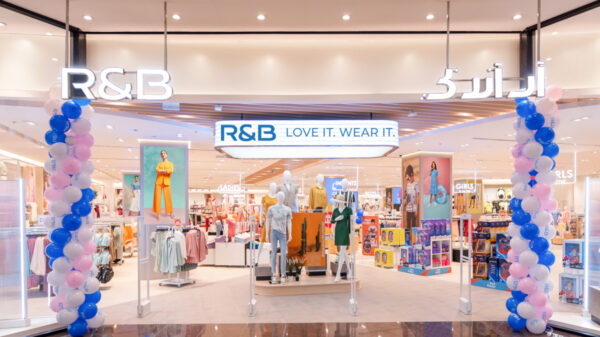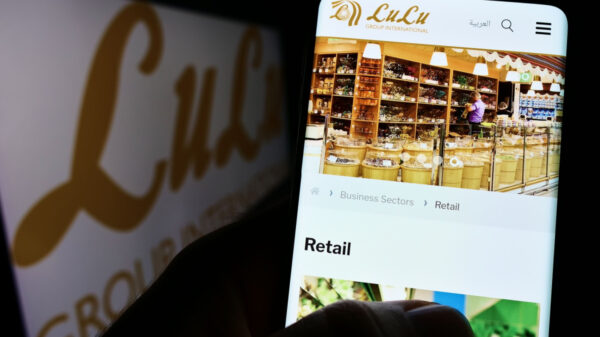Social commerce is expanding thoroughly in the UAE, with Millennials and Gen Z shopping increasingly on social media sites.
The industry in the UAE is expected to grow by 21.6 per cent on annual basis to reach $975.2 million this year.
The beauty and personal care market in the UAE generated a revenue of $200 million last year via social commerce, according to Redseer Consulting.
This is expected to increase by six-fold within the next two years to reach $1 billion.
ME Retail News spoke to four founders of online beauty retailers to know how they are adapting to these changes.
These companies are focusing on generating revenue through social media sites.
Alefiyah Johar, co-founder of FC Beauty said: “We anticipate that AR technology will become increasingly popular among consumers, allowing them to visualise how our products will appear on their skin before making a purchase.
Moreover, virtual try-on technology will enable consumers to shade-match themselves and experiment with different makeup colours virtually, without the need to physically try them on.”
Mukta Purain, CEO of MissPalettable, echoed a similar sentiment.
When shopping online, customers always struggle with buying products that match their skin tone.
“Virtual AI applications within the store allow customers to virtually try products and test makeup shades before buying. VR would definitely assist users in making beauty choices that suit their skin tone.”
Founder of Liht Organics Nerissa Low said: “For our upcoming product launch, we will be holding VR PR event in the Metaverse to provide a different experience from traditional product launches.”
Liht Organics had already jumped on the VR bandwagon when it launched an immersive stall in Dubai’s Mall of the Emirates.
FC Beauty said it would invest in bringing augmented reality to its e-commerce website as well as its social media.
“We are also exploring the potential of incorporating virtual reality technology to create immersive experiences that allow customers to virtually experience our products and services,” said Ms Johar.
MissPalettable is also looking to enhance social media shopping, in addition to focusing on B2B technology by launching an app.
“We recently set up a back-end application that will allow partner brands to view their own brand dashboard when they list with us”, said Ms Purain.
Sally Zein, the founder of Siella Beauty, is looking to increase social media engagement instead.
“Consumers often discover our products on social media through our own channels, ad campaigns, or affiliates.
That being said, it is important for the brand to be present across different social media platforms and to do targeted marketing campaigns that will show the right product to the right target audience making their experience more tailored and ensuring conversion.
Moreover, collaborating with influencers and tastemakers that are relevant to the beauty and makeup world gives the brand a stronger exposure, increased credibility and conversions.”
Ms Zein said that getting on social media trends is important, especially since her customers tend to be young women.
Personalisation is also key to retain customers.
“We try to update suggested products, collections, and gift options based on trends that consumers are interested in, apart from frequently updating our social commerce sites,” said Ms Zein.
“For instance, we are experimenting with the use of chatbots to provide instant assistance and personalised recommendations to customers visiting our e-commerce and social media stores,” added Ms Johar.
Ms Purain added that the demand for sustainably sourced products is gaining momentum, which means that the products she advertises on social media need to be marketed as such.
“We have reviewed a few partner companies who are in the sustainable clean beauty space, where they would help us navigate our curation process more stringently on beauty brands’ conscious claims.”













